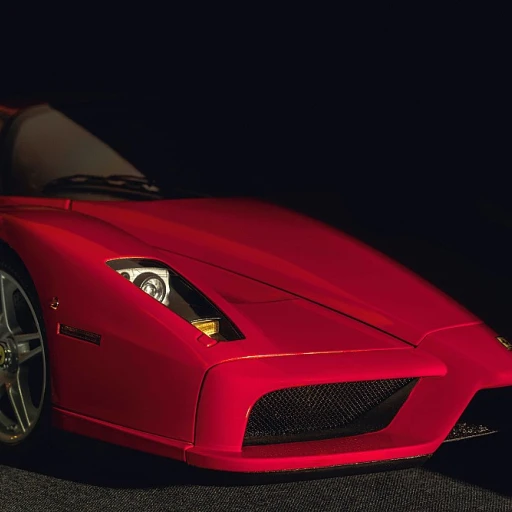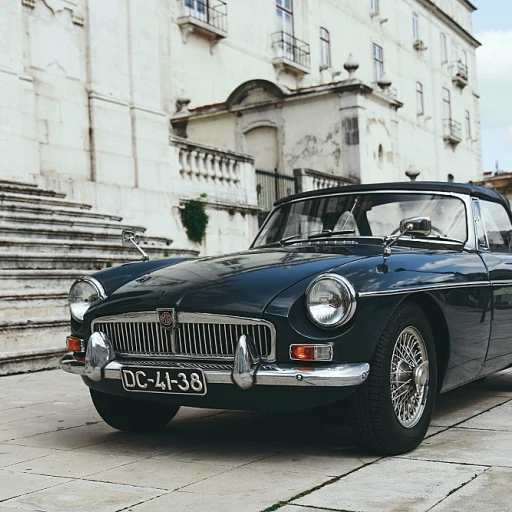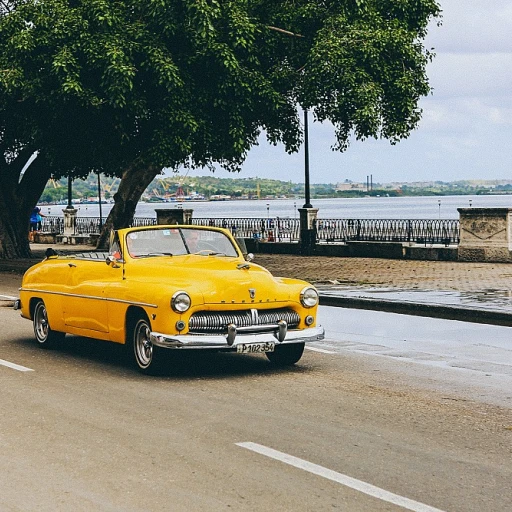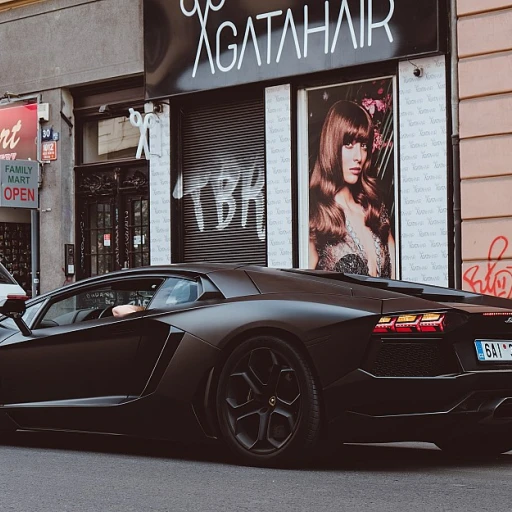
Understanding the essence of brand luxury cars
What Defines a Luxury Car Brand?
When you think of luxury cars, what comes to mind? For many, it’s the unmistakable blend of elegance, performance, and prestige that sets these vehicles apart. Luxury car brands like Mercedes Benz, BMW, Audi, and Porsche have built their reputations on more than just looks. They represent a commitment to excellence, innovation, and a driving experience that goes beyond the ordinary.
Each luxury car brand brings its own heritage and philosophy. For example, Mercedes Benz is synonymous with refined engineering and comfort, while BMW is known for its dynamic performance and sporty appeal. Brands like Cadillac and Lincoln, with their American roots, focus on spacious interiors and advanced technology. European names such as Rolls Royce and Bentley are often seen as the pinnacle of opulence, offering bespoke options and handcrafted details.
- Country of origin: The birthplace of a car brand often influences its design and character. German brands like Audi and BMW are recognized for precision and performance, while British brands like Land Rover and Rolls Royce emphasize luxury and tradition.
- Model diversity: From sleek sedans to powerful SUVs and high-performance sports cars, luxury brands cater to a range of preferences. The best selling luxury vehicles often include SUVs like the Range Rover and Mercedes Benz G-Class, which combine comfort with all wheel drive capability.
- Brand legacy: The history and reputation of a car brand play a significant role in its allure. Long-standing luxury brands have cultivated trust and loyalty among discerning owners.
Today’s luxury vehicles are more than just status symbols. They are a statement of personal taste and a reflection of the owner’s lifestyle. Whether you’re considering a pre owned model or the latest release, the best luxury cars offer a unique blend of performance, comfort, and cutting-edge features.
For those exploring the world of luxury cars, understanding what sets each brand apart is essential. If you’re curious about how pricing and value play into the luxury market, check out this full review of the new Lotus Emira price to see how one of the top luxury brands positions its latest model.
Craftsmanship and attention to detail
Mastery in Every Stitch and Surface
When it comes to luxury cars, craftsmanship is not just a buzzword—it's the foundation of what sets top luxury brands apart. Whether you’re behind the wheel of a Mercedes Benz S-Class, a BMW 7 Series, or a Rolls Royce Phantom, the tactile experience is unmistakable. These vehicles are more than just modes of transport; they are rolling showcases of artistry and precision.
- Materials: The best luxury car brands source only the finest leathers, rare woods, and metals. For example, the interior of a Bentley or a Range Rover SUV often features hand-stitched upholstery and real wood veneers, each piece selected for its unique grain and finish.
- Attention to Detail: Every element, from the click of a switch to the feel of the steering wheel, is engineered for perfection. In a Porsche or an Audi, even the smallest details—like the knurling on control knobs or the stitching on the dashboard—reflect a commitment to excellence.
- Heritage and Country Origin: The roots of luxury car brands play a significant role in their design philosophy. German brands like Mercedes and BMW are renowned for their precision engineering, while British icons such as Rolls Royce and Land Rover emphasize tradition and bespoke craftsmanship.
Luxury vehicles like the Lincoln Navigator or the Volvo XC90 SUV are not just about aesthetics. Their build quality ensures longevity, making them attractive choices for those considering pre owned luxury cars. The best selling models from these brands consistently receive full review praise for their fit and finish, both inside and out.
For those seeking the ultimate in exclusivity, many luxury car brands offer bespoke programs. This allows owners to personalize their vehicles, from unique paint colors to custom embroidery, ensuring that no two cars are exactly alike. The result is a vehicle that reflects the owner’s taste and status, whether it’s a high-performance Mercedes Benz AMG, a stately Cadillac, or a sophisticated Audi sedan.
To truly appreciate the elegance and craftsmanship that define the world’s best luxury cars, consider exploring the experience of renting a Rolls Royce Ghost. This firsthand encounter offers a glimpse into the meticulous artistry that goes into every luxury vehicle, reinforcing why these cars remain the pinnacle of automotive opulence.
Cutting-edge technology and innovation
Innovation at the Heart of Luxury Vehicles
When it comes to luxury cars, cutting-edge technology is not just an option—it's a core expectation. Leading car brands like Mercedes Benz, BMW, Audi, and Porsche are in a constant race to redefine what’s possible on four wheels. These brands invest heavily in research and development, ensuring their latest models set benchmarks for performance, safety, and comfort.
Luxury vehicles often debut features that later become industry standards. For instance, adaptive cruise control, advanced driver assistance systems, and fully digital cockpits first appeared in high-end models before filtering down to mainstream vehicles. The best luxury cars, such as the Mercedes Benz S-Class or the BMW 7 Series, offer innovations that blend seamlessly into the driving experience, making every journey both effortless and exhilarating.
- Performance engineering: Brands like Porsche and Land Rover push the limits with powerful engines, advanced suspension systems, and intelligent all-wheel drive, ensuring top luxury performance on any terrain.
- Infotainment and connectivity: Modern luxury cars feature intuitive interfaces, voice assistants, and seamless smartphone integration, keeping drivers connected without distraction.
- Safety advancements: From Volvo’s pioneering safety features to Cadillac’s Super Cruise hands-free driving, luxury brands are at the forefront of protecting their owners and passengers.
- Eco-friendly innovation: The rise of electric and hybrid luxury vehicles, like the Audi e-tron or BMW iX, shows a commitment to sustainability without compromising on comfort or performance.
For those seeking the latest in automotive innovation, exploring exclusive opportunities for discerning luxury car owners can be a gateway to limited-edition models and the most advanced technology available today.
Whether you’re interested in a pre owned Mercedes Benz SUV, a best selling BMW sedan, or a bespoke Rolls Royce, the relentless pursuit of innovation by top luxury car brands ensures that every drive is an experience in itself. The integration of technology, performance, and luxury is what truly sets these vehicles apart in the world of opulence on wheels.
Personalization and bespoke options
Tailoring Your Drive: The Art of Bespoke Luxury
For many luxury car owners, the journey doesn’t end with selecting a top luxury brand or model. The true allure lies in the ability to personalize every aspect of your vehicle, transforming it into a unique expression of taste and lifestyle. Leading car brands like Rolls Royce, Bentley, and Mercedes Benz have elevated personalization to an art form, offering a range of bespoke options that go far beyond standard configurations.
- Exterior finishes: From exclusive paint colors to custom wheel designs, luxury vehicles such as the BMW 7 Series, Mercedes Benz S-Class, and Range Rover Autobiography allow owners to select finishes that reflect their personality. Some brands even offer color-matching services for a truly one-of-a-kind appearance.
- Interior materials: The choice of leather, wood veneers, and metal accents is nearly limitless. Whether you prefer the Scandinavian minimalism of Volvo or the opulent detailing of a Cadillac Escalade, the interior can be tailored to suit your preferences.
- Performance upgrades: For those who value driving dynamics, brands like Porsche and Audi offer performance packages that enhance handling, power, and even exhaust sound. These upgrades ensure your vehicle delivers the best driving experience, whether you choose a sedan, SUV, or coupe.
- Technology integration: Advanced infotainment, bespoke audio systems, and personalized ambient lighting are now standard in many luxury cars. Mercedes, BMW, and Audi lead the way with customizable digital displays and voice-activated controls, making every journey more intuitive.
Personalization isn’t limited to new vehicles. The pre owned luxury car market is thriving, with certified programs from brands like Lincoln and Land Rover offering tailored refurbishment and upgrade options. This ensures that even best selling models from previous years can be updated to meet modern expectations for comfort and technology.
Country of origin also plays a role in the bespoke experience. German brands such as BMW and Mercedes Benz are renowned for precision engineering and performance, while British marques like Rolls Royce and Bentley focus on handcrafted luxury. American brands, including Cadillac and Lincoln, emphasize spaciousness and advanced technology, particularly in their luxury SUVs.
Ultimately, the ability to customize your luxury vehicle is a defining feature of ownership. Whether you’re seeking the best luxury SUV, a high performance sedan, or a rare wheel drive coupe, today’s luxury car brands offer a level of personalization that ensures your vehicle is as individual as you are.
Ownership experience and exclusive services
Privileges Beyond the Driver’s Seat
Owning a luxury car is more than just possessing a high-performance vehicle; it’s about entering a world of exclusive privileges and tailored experiences. Leading car brands like Mercedes Benz, BMW, Audi, and Porsche have elevated the ownership journey, offering services that go far beyond the initial purchase. These brands understand that their clientele expects not only top luxury vehicles but also a seamless, rewarding relationship with the brand itself.
- Concierge Services: Many luxury brands provide dedicated concierge teams. Whether arranging maintenance for your Range Rover or securing a last-minute reservation at a Michelin-starred restaurant, these services are designed to anticipate and fulfill your needs.
- Exclusive Events: Owners are often invited to private launches, driving experiences, and brand showcases. For example, Mercedes and Porsche regularly host track days, allowing you to experience the full performance of their best models in a controlled environment.
- Priority Maintenance and Support: Luxury car owners benefit from priority booking, pick-up and drop-off services, and access to master technicians. Brands like Cadillac and Volvo ensure that your vehicle is always in peak condition, minimizing downtime and maximizing enjoyment.
- Tailored Financial Solutions: Flexible leasing, pre owned certified programs, and bespoke insurance packages are standard among top luxury brands. This makes it easier to upgrade to the latest models or explore different vehicle types, from SUVs to sedans.
Community and Brand Loyalty
Luxury car ownership often means joining an exclusive community. Brands foster loyalty through membership clubs, international rallies, and curated travel experiences. For instance, Rolls Royce and Bentley organize owner tours across country origin regions, offering a chance to connect with fellow enthusiasts and discover the heritage behind each car brand.
These experiences reinforce the value of owning a luxury vehicle, whether it’s a best selling Mercedes Benz S-Class, a high-performance BMW M series, or a sophisticated Lincoln SUV. The sense of belonging, combined with the assurance of exceptional service, is what truly distinguishes luxury cars from the rest of the automotive world.
| Brand | Exclusive Service | Notable Model |
|---|---|---|
| Mercedes Benz | Concierge & VIP Events | Benz Class S |
| BMW | Priority Maintenance | 7 Series |
| Porsche | Track Experiences | 911 Carrera |
| Land Rover | Adventure Tours | Range Rover |
| Rolls Royce | Owner’s Club | Phantom |
Ultimately, the ownership experience is a defining element of luxury vehicles. It’s not just about the car itself, but the lifestyle and peace of mind that come with choosing the best luxury brands in the world.
Challenges and considerations for luxury car owners
Practical Realities of Luxury Car Ownership
Owning a luxury car is a statement of success and taste, but it comes with its own set of unique challenges. While the allure of brands like Mercedes Benz, BMW, Audi, and Porsche is undeniable, luxury vehicles demand more attention and resources than standard models. Here are some key considerations for those who drive or aspire to own the best luxury cars:
- Maintenance and Upkeep: High-performance engines and advanced features in luxury cars such as the Benz class or Range Rover require specialized care. Regular servicing at authorized centers is crucial, and genuine parts for brands like Rolls Royce or Land Rover can be costly.
- Depreciation and Resale Value: Even top luxury models like Cadillac, Lincoln, or Volvo experience depreciation. However, some car brands retain value better than others, especially limited-edition or best selling models. Pre owned luxury vehicles from reputable luxury brands can offer better value for discerning buyers.
- Insurance and Security: Premium vehicles often come with higher insurance premiums due to their value and repair costs. Enhanced security systems are standard, but owners should remain vigilant, especially with high-profile models and SUVs.
- Country Origin and Import Regulations: Certain luxury car brands, especially those not officially sold in your country, may face import taxes, compliance checks, and service limitations. Understanding these factors is essential before purchasing a vehicle from a foreign luxury brand.
- Technology Updates: The cutting-edge technology that sets luxury cars apart can also become outdated quickly. Staying current with software updates and new features is part of the ownership experience, particularly for brands like Mercedes, BMW, and Audi.
Balancing Prestige with Everyday Use
Luxury vehicles are engineered for performance and comfort, but daily driving can present practical issues. Wheel drive systems in SUVs like Range Rover or Mercedes Benz G-Class offer versatility, yet urban environments may challenge their size and efficiency. Owners often weigh the prestige of driving a top luxury car against factors like fuel economy, parking, and maintenance logistics.
| Luxury Car Brand | Best Selling Model | Country of Origin | Typical Maintenance Cost (Annual) |
|---|---|---|---|
| Mercedes Benz | E-Class | Germany | $1,200 - $2,000 |
| BMW | 5 Series | Germany | $1,000 - $1,800 |
| Audi | A6 | Germany | $900 - $1,700 |
| Cadillac | Escalade | USA | $800 - $1,500 |
| Land Rover | Range Rover | UK | $1,500 - $2,500 |
| Rolls Royce | Phantom | UK | $3,000 - $5,000 |
Choosing the best luxury car involves more than just admiring craftsmanship or performance. It’s about understanding the full review of ownership, from exclusive services to the practicalities of daily use. Whether you’re considering a pre owned vehicle or the latest model, being informed helps ensure your luxury car experience remains as rewarding as the drive itself.

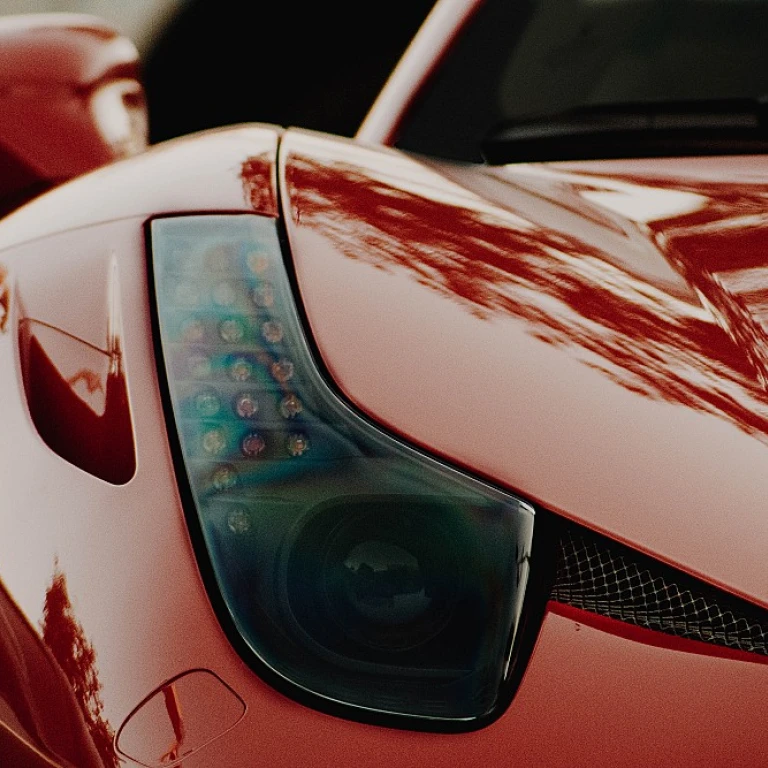
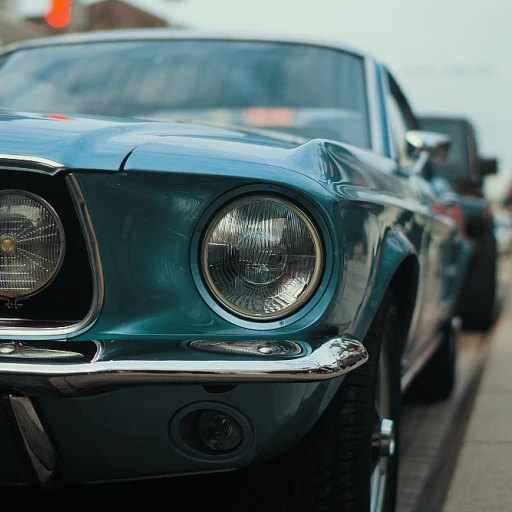
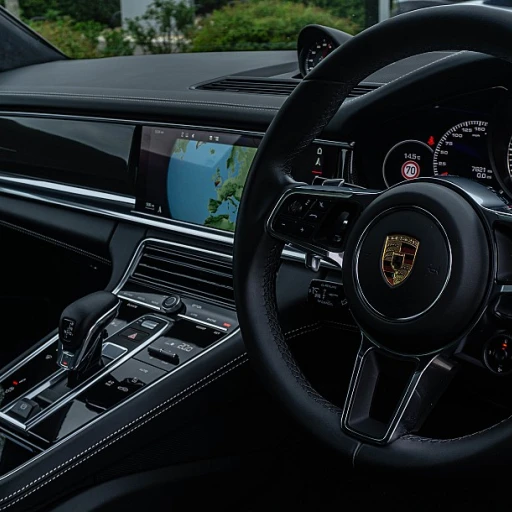
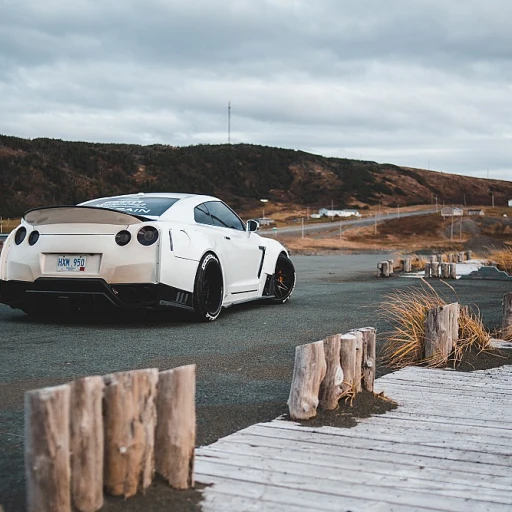
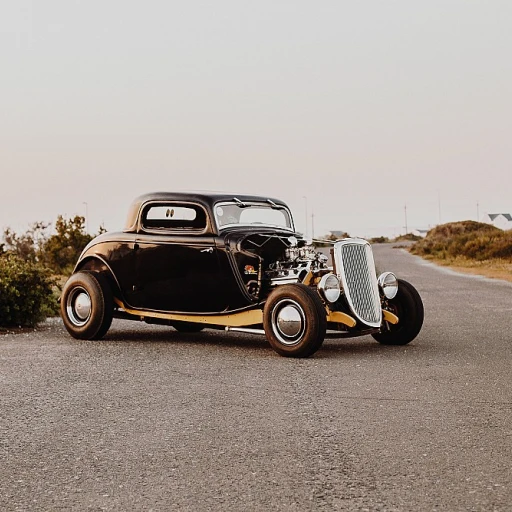
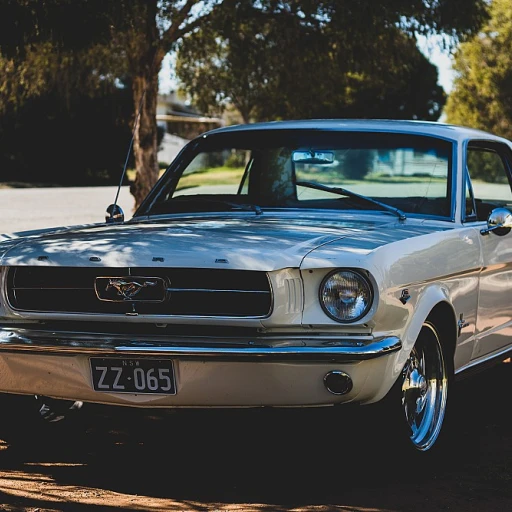
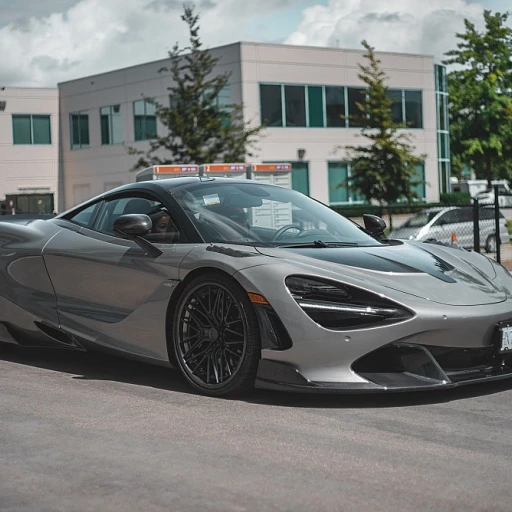
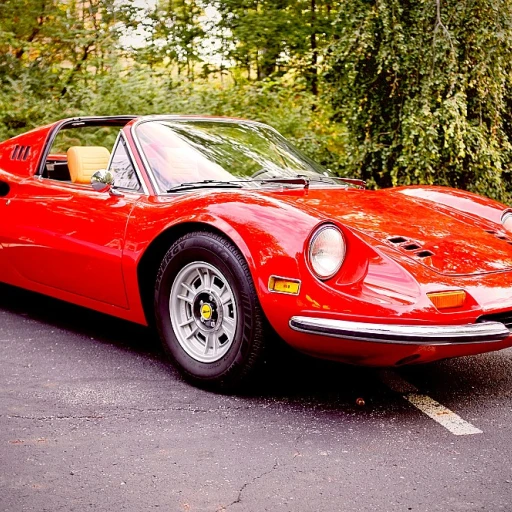
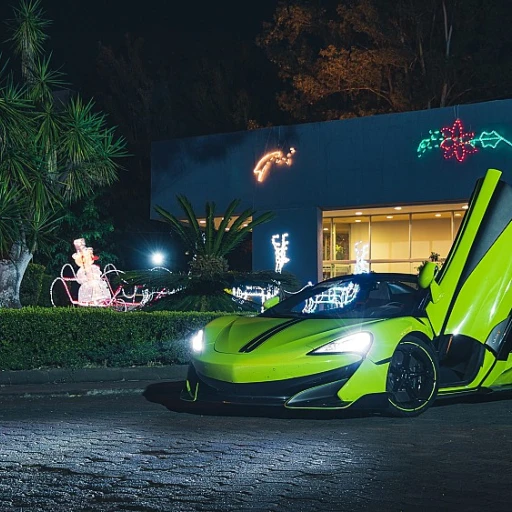
-large-teaser.webp)
